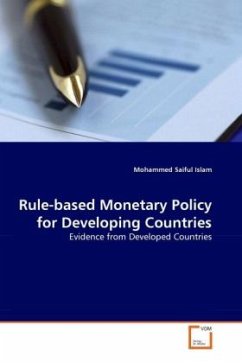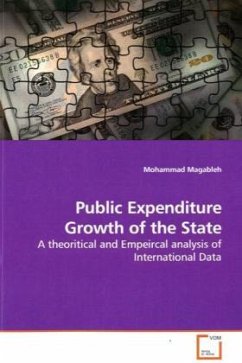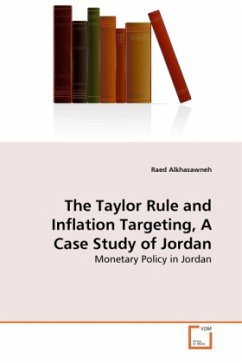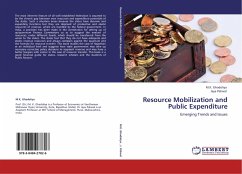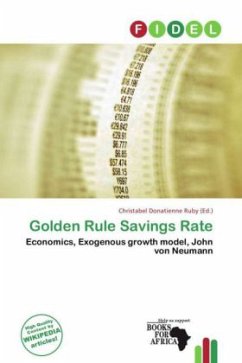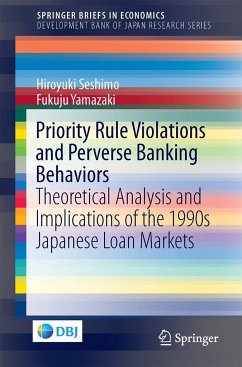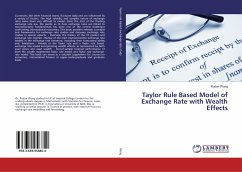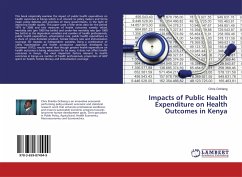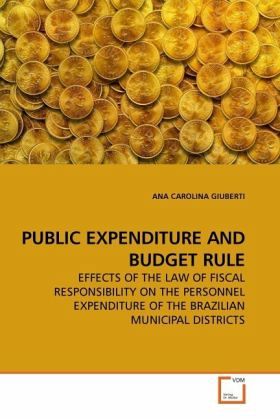
PUBLIC EXPENDITURE AND BUDGET RULE
EFFECTS OF THE LAW OF FISCAL RESPONSIBILITY ON THE PERSONNEL EXPENDITURE OF THE BRAZILIAN MUNICIPAL DISTRICTS
Versandkostenfrei!
Versandfertig in 6-10 Tagen
32,99 €
inkl. MwSt.

PAYBACK Punkte
16 °P sammeln!
Large fiscal deficits and the accumulation of debts over a long period of time were behind the adoption of a budget rule in Brazil, called Law of Fiscal Responsibility (Lei de Responsabilidade Fiscal - LRF), promulgated in 2000. This Law imposed limits on the expenditure with personnel for all levels of government (Federal, State and Municipal), this item being considered one of the main expenses responsible for the Brazilian States deficits in the 1990 s. Therefore, focusing on the Brazilian Municipal districts, this book investigates if the problems of fiscal deficits and expenditures on sal...
Large fiscal deficits and the accumulation of debts over a long period of time were behind the adoption of a budget rule in Brazil, called Law of Fiscal Responsibility (Lei de Responsabilidade Fiscal - LRF), promulgated in 2000. This Law imposed limits on the expenditure with personnel for all levels of government (Federal, State and Municipal), this item being considered one of the main expenses responsible for the Brazilian States deficits in the 1990 s. Therefore, focusing on the Brazilian Municipal districts, this book investigates if the problems of fiscal deficits and expenditures on salaries and wages of public employees, including retirement expenditures, were so high as to justify the imposition of a fiscal rule as were in the case of Brazilian states. It also evaluates if the limit established by the law on government s payroll had any effect on the behavior of Mayors towards this item of the public budget and if it contributed to reduce the public spending. This analysis contributes to the empirical literature of budget rules and public expense and should be useful for researchers in this field and those interested in the subject.



